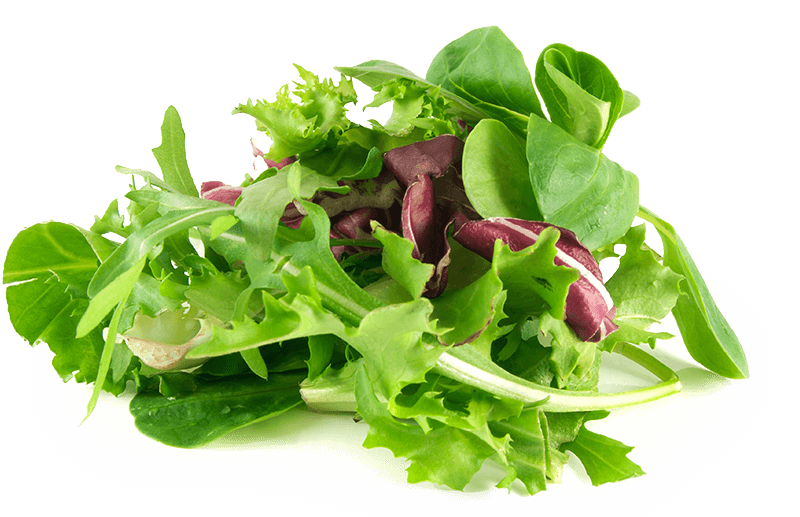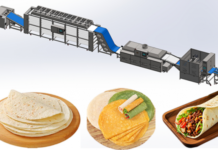Living long and living healthy is a dream and a privilege for many. But do you know that just by adding a few foods to your daily diet, you can increase your longevity!

There is no denying that the Earth is slowly decaying. With excessive pollution, advanced technology, and man-made abuse is taking a toll on Mother Nature. And its direct impact is falling on us, humans. Much like how Justin Timberlake said, “What Goes Around Comes Around”.
While you cannot change how the big corporations are operating to eliminate environmental pollution, the food that you put in your body is definitely in your hands. The food that we eat can indeed either nourish us or poison us. Let’s be honest – our love affair with processed food is a toxic one. It fills us up and tastes super delicious, but leaves our bodies starving. This paves the way for obesity, heart troubles, and type 2 diabetes. But there is good news, it does not have to stay that way.
Imagine swapping greasy snacks for foods that actually boost your energy and help you keep a healthy weight without feeling like you are on some punishment diet. You know the secret? Nutrient-dense, natural plant foods. They are like the real superheroes in your kitchen, ready to restore health, bring back your vitality, and maybe even add a few extra candles to your birthday cake!!!!
Top 8 foods that will keep you alive for longer
1. Cruciferous veggies
Vegetables that belong to the cruciferous family are true nutritional powerhouses with an incredible ability to influence human health. They can help balance hormones and activate the body’s natural detox systems. They can even slow the growth of cancer cells. You can easily unlock their strongest benefits by just chewing well. You can also enjoy these vegetables shredded, chopped, juiced, blended, basically however you like them.
One of their main compounds is sulforaphane. It has been shown to protect blood vessel walls from inflammation, which lowers the risk of heart disease. Among all foods, cruciferous veggies rank as some of the most nutrient-dense. This makes them essential for a healthy diet. You can also include them daily in your diet in both raw and cooked forms for the best results. Broccoli, cauliflower, Brussels sprouts, kale, and cabbage – they are all cruciferous vegetables. These are very simple choices with extraordinary benefits that will give you long-term health and vitality.
2. Salad greens
Raw leafy greens are among the most nutrient-packed foods you can eat, with even fewer than 100 calories per pound! This makes them perfect for weight control. Research shows that starting a meal with a large salad helps reduce overall calorie intake, as bigger salads lead to greater reductions. But leafy green vegetables go far beyond weight management.
They are linked to a lower risk of heart attack, stroke, diabetes, and even certain types of cancers. These are rich in folate, an essential B vitamin. You will also get carotenoids like lutein and zeaxanthin from them, which protect the eyes from light damage. Leafy veggies like kale, collard greens, mustard greens, spinach, and lettuce provide powerful health benefits when you eat them regularly. You can also pair them with healthy fats to get the most from the leafy greens. This works well because carotenoids are fat-soluble. So, adding nuts or seeds to your salad or dressing boosts absorption and maximizes the protective effects of these amazing and tasty vegetables.
3. Seeds
Seeds offer a nutritional profile much like nuts. They deliver healthy fats, minerals, and antioxidants. But they stand out with a higher protein content and an abundance of trace minerals. Seeds like flax, chia, and hemp seeds are excellent sources of omega-3 fats. They support heart and brain health.
On the other hand, flax, chia, and sesame seeds are packed with lignans, unique phytoestrogens known for their breast cancer-fighting properties. Sesame seeds also provide a solid boost of calcium and vitamin E. In addition to this, pumpkin seeds are an especially rich source of zinc, which is vital for immune function. You can preserve their maximum benefits if you eat them raw only lightly toasted. An easy way to enjoy them is by sprinkling flax or chia seeds into your morning smoothie or stirring them into a warm bowl of oatmeal.
4. Nuts
Nuts are another powerhouse of nutrition. They are packed with healthy fats, plant-based protein, fiber, antioxidants, phytosterols, and essential minerals. As a low-glycemic food, they support stable blood sugar as well as reduce the glycemic load of an entire meal. This makes nuts a valuable part of an anti-diabetes diet. Although they are calorie-dense, studies show that nut consumption is linked to lower body weight. This is likely due to their ability to suppress appetite with heart-healthy nutrients. If you eat nuts regularly, it can reduce cholesterol. They are also associated with a remarkable 35 percent lower risk of heart disease. You can enjoy them simply by including tossed and chopped walnuts or sliced almonds in salads. You can also blend raw cashews into a creamy and nutrient-rich dressing.
5. Berries
Berries are antioxidant-rich fruits that pack powerful health benefits, especially for the heart. Research shows that eating blueberries or strawberries regularly for several weeks can evidently improve blood pressure and lower LDL cholesterol, as well as reduce signs of oxidative stress.
Berries also offer anti-cancer properties and are considered an excellent food for the brain. Several studies suggest that regular berry consumption may even help slow cognitive decline as we age. This keeps the mind stronger and sharper for longer. They are also naturally sweet and low in calories. This makes them easy to enjoy in countless ways. You can stick with classics like strawberries or blueberries, or branch out and try nutrient-packed options such as goji berries to add variety and flavor to your diet.
6. Beans
Eating beans and other legumes every day offers you a wide range of health benefits, starting from stabilizing blood sugar to lowering appetite and protecting against colon cancer. As the most nutrient-dense starch, beans are digested slowly, preventing sharp rises in blood glucose and reducing cravings by keeping you full longer.
The soluble fiber in beans helps lower cholesterol, while their resistant starch feeds healthy gut bacteria. They produce short-chain fatty acids as well, which guard against colon cancer. Studies show that eating beans, peas, or lentils, even just twice a week, can cut the risk of colon cancer by up to 50 percent. Beans also protect against several other cancer types. With so many options like red beans, black beans, chickpeas, lentils, split peas, etc., you will never run out of healthy favorites.
7. Onions and garlic
The allium family of vegetables, including onions, garlic, leeks, and chives, offers powerful benefits for the heart. They also support your immune system and overall health. These vegetables have been linked to reduced risks of gastric and prostate cancers due to their rich organosulfur compounds. These compounds are released when they are chopped, crushed, and chewed. They detoxify carcinogens, which stop cancer cell growth and block angiogenesis, which tumors need to grow.
Onions also provide high levels of flavonoid antioxidants with strong anti-inflammatory effects. This further supports cancer prevention. If you add a variety of allium vegetables like garlic, yellow onions, shallots, and scallions to your meals, it can be a simple way to boost both flavor and long-term health.
8. Mushrooms
Eating mushrooms regularly has been linked to a lower risk of breast cancer, thanks to their aromatase inhibitors. These are compounds that block estrogen production. White and portobello mushrooms are especially effective, but all mushrooms bring impressive health benefits.
Research shows they can reduce inflammation, boost immune cell activity, protect DNA, and slow cancer cell growth. They can even inhibit angiogenesis, which is the process tumors use to form blood vessels. For safety and maximum benefits, you should always cook mushrooms, since raw ones contain agaritine. It is a substance reduced by heat. You can add common white mushrooms to your meals often, and explore varieties like shiitake, oyster, maitake, or reishi for extra nutrition and flavor.
















